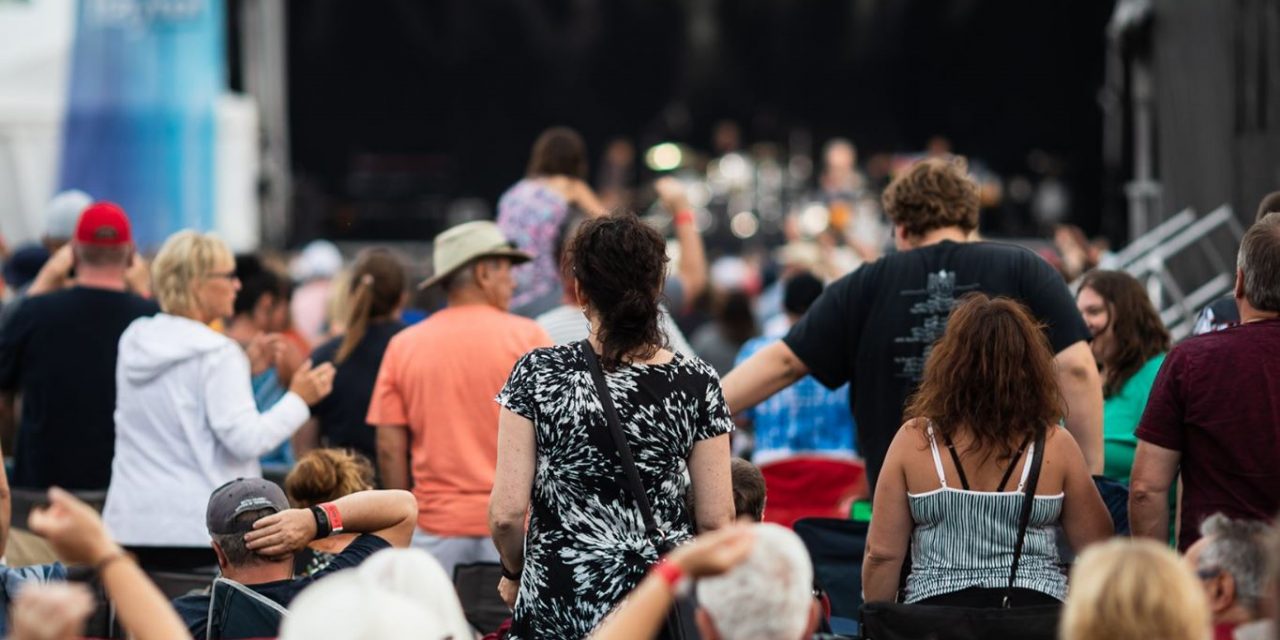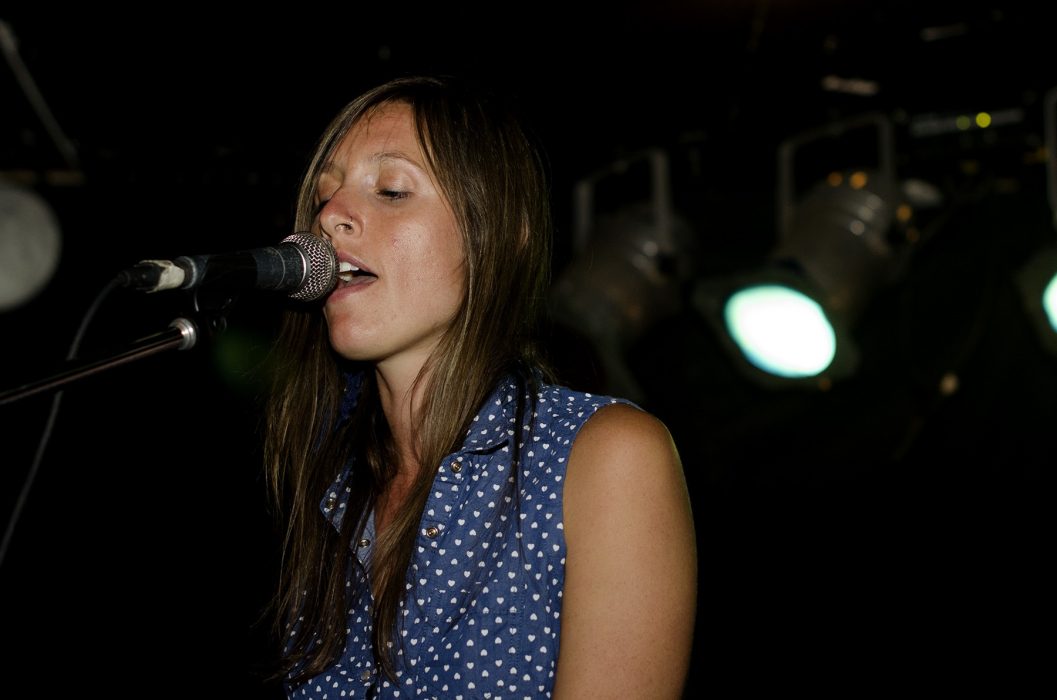A Year without Live Music
Story by Justin Allec, Photo by Patrick Chondon
Almost a year ago, I wrote about how Thunder Bay musicians and venues were coping with the first series of COVID-19 lockdowns. It wasn’t a fun article to write, but a feeling of disappointed optimism came through. “This sucks,” people said, “but it has to get better, right?” It was the same on social media, where I watched bands, venues, and festivals grudgingly postpone their shows and tours.
Then came the realization, in real time, that it wouldn’t just be a few months until we were back in a crowded bar. We’re still asking how long until we can dance, rise for a standing ovation, or even busk on a sunny day? The numerous government plans and fundraising coalitions seem stretched beyond their breaking points. Even now, with the vaccine rollout, it seems there’s no real plan for bringing back live music.
If the pandemic has demonstrated anything, it’s the importance of connections. Make no mistake, the lack of music is contributing to lockdown depression—there are no live in-person shows on the calendar to look forward to any more. While it might be difficult to quantify that kind of cost, economics provides an even easier gauge. Recent studies by Music Canada have measured the value of Ontario’s music industry. The average venue contributes $575,000 in annual GDP contributions, $148,000 in provincial and federal taxes, and employs an average of 10 to 20 people at various levels (full time, contract, etc.) That’s just the total contributions relating to the performances, mind you. There’s no way to measure all the other boosts to the economy that happen during your night out: babysitters, transportation, dining out, accommodations, merchandise—it goes on and on. Take-out meals cannot make up that gap.
While none of our local venues has permanently closed so far, many are teetering. The city’s Chamber of Commerce has reported that it may take up to three years for the city’s full economic recovery. I can imagine it taking that long for live music, as the industry was one of the pandemic’s first casualties. It won’t just be an economic cost to losing music. A performance draws people in, but it also lifts us all up. How much greater does the city feel knowing that we are a bankable destination for touring bands, that our symphony offers amazing programming, or that our nationally acclaimed local acts can sell out a hometown show? As recently as 2017, the city was trying to position itself as a music destination, but that push seems to belong to another lifetime.
When live music is once again given the okay, I know there will be an audience. At this point, however, I’m wondering if we will have any venues left for musicians to play in.














